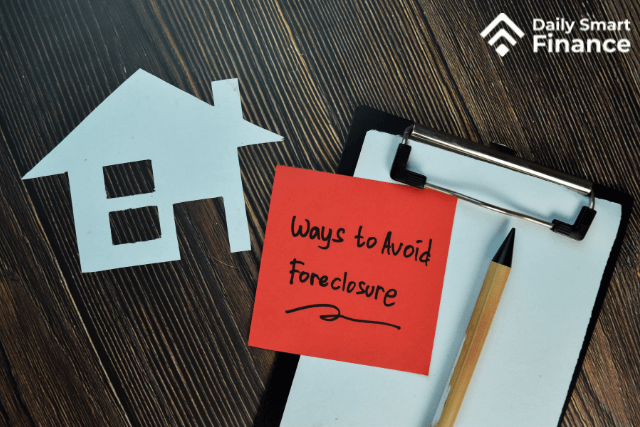The desire to have a home that is free from debt and financial issues seems out of reach for many people. But it is possible to make the transition from renting to owning it with a little preparation and persistence. To get you started, follow these simple steps;
- Start saving for a down payment immediately. Although it might take some time, the effort will ultimately be worthwhile.
Start saving and investing for a down payment as soon as possible if you prefer the idea of owning a home to renting one. It demonstrates to lenders that you are committed to the purchase and gives you controlling interest in the property. You will typically be required to put down at least 10 percent of the purchase price of the home as a down payment, although the exact amount will still vary depending on the price of the home and the terms of your mortgage. Your interest rate will then typically decrease proportionately to the amount of money you put down as a deposit. In addition, making a larger initial payment will give you more negotiating power when it comes to the overall price of the item that you want to buy.
To save for a down payment, start by setting a goal and establishing a budget. Then, set up a savings account and automated transfer so that you are automatically saving each month. Finally, look for ways to boost your savings, such as through side hustles or cutting back on expenses. By following these tips, you can quickly start saving for a down payment on your dream home. - Once you have a down payment, start looking for a home. This may require a real estate agent or research.
It’s critical to have a realistic idea of how much you can spend before you even begin looking for a home. You can start looking for it once you have enough money saved for a down payment. It can be beneficial to work with a real estate agent as well, but you might also need to conduct your own research. Once you have identified a few potential properties, you should begin considering making an offer. Remember that the asking price typically differs from the selling price, so be ready to bargain.
The next step is to begin looking for a suitable property. Make a list of the features you require and desire in a home, as well as your must-haves and deal-breakers. Once you’ve narrowed down your search, start looking through listings online and in your local newspaper. When you’ve identified a few potential properties, schedule sightseeing to get a better sense of the area. Consider the condition of the home, the layout, and the surrounding neighborhood. When you’ve found the ideal home, it’s time to make an offer. Work with your real estate agent to determine a reasonable asking price and you may also consider recent comparable sales. - If you like a property, make an offer and negotiate the price. If your offer is accepted, you’ll need to secure financing.
When you’ve found a property you like, make an offer and negotiate prices with the seller. If your offer is accepted, you will need to secure financing for the remaining purchase price. When it comes to financing, look for a better interest rate and terms. Pay close attention to pre-payment penalties as well as lender fees. It’s also critical that the monthly payments fit comfortably into your budget. You should be able to find a great property at a price that works for both you and the seller with careful planning and a little luck.
When you’ve found a property you like, make an offer and negotiate prices with the seller. If your offer is accepted, you will need to secure financing for the remaining purchase price. When it comes to financing, look for a better interest rate and terms. Pay close attention to pre-payment penalties as well as lender fees. It’s also critical that the monthly payments fit comfortably into your budget. You should be able to find a great property at a price that works for both you and the seller with careful planning and a little luck.
For instance, you might present the seller with a counterproposal if your initial offer is lower than the asking price. The key is to make reasonable offers and be ready to back out if you can’t come to some agreement. Even if your offer is the highest one they receive, the seller is not required to accept it. In order to avoid becoming overly attached to a single property, be ready to move on if necessary. - As soon as the paperwork is complete and your loan is approved, you will officially own your own home!
After months of searching, you have uncovered the ideal residence. As soon as the paperwork is finalized and your loan is approved, you will become an official homeowner. It is a time of excitement, but it can also be somewhat overwhelming. There are so many factors to consider, from beautifying and furnishing your new home to maintaining it and ensuring its security. However, with some planning and the assistance of friends and family, you will soon feel at home in your new residence. Remember that homeownership is advantageous in many ways. Advantages include not having to get permission from a landlord before making changes to the property. Make it your own by repainting the walls, installing new shelving, or switching out the cabinetry in the kitchen. Having a secure place to call home is yet another advantage. Lease renewals and rent increases are things of the past for you. Having a home of your own allows you to start accumulating equity. Home equity is increased over time through regular mortgage payments. In the event you need a loan or plan to sell your home in the future, this can be useful. So don’t forget to celebrate your success at becoming a homeowner and take pleasure in the things you already have!


